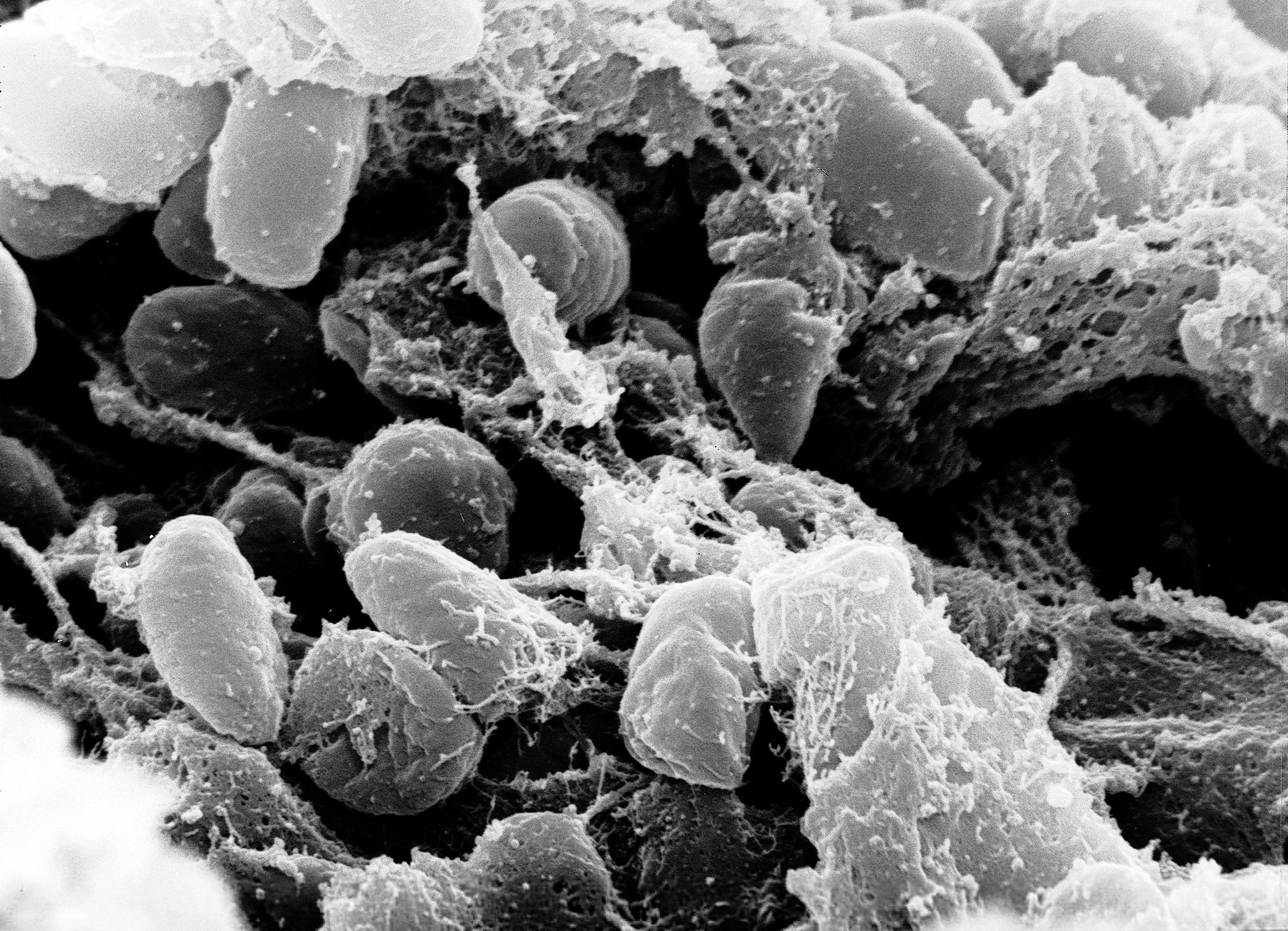The bubonic plague that was responsible for the Black Death of the 14 century, which killed close to 50 million people, is suspected to have resurfaced in China.
Chinese Health officials made the shocking revelation on Sunday (July 5) as they discouraged the practice of eating wild animals.
According to health officials, a suspected case of the disease was discovered after a patient was hospitalized in the city of Bayannur, located northwest of Beijing.
The hospital has since informed city officials who have activated a warning, as a preventative step , which is to remain in place until the end of the year.
Bubonic plague is caused by the bacteria Yersinia pestis, which can be transmitted to humans after fleas bite an infected rodent.
Rats, mice, and marmots are known carriers of the bacteria.
However, it is believed that the bacteria can also be transmitted if people consume infected rodents.
Marmots, who are also carriers of the disease, are often hunted for food. The squirrel-like creature is popular in native Mongolian cuisine, it is primarily made into a meal called Boodog.
This is not the first time the bubonic plague has resurfaced in China, there was an outbreak of the bacteria in 2009 which resulted in the deaths of several people in the Qinghai province.
According to the Centers for Disease Control and Prevention(CDC) symptoms of bubonic plague include sudden onset of fever, headache, chills, and weakness and one or more swollen, tender and painful lymph nodes (called buboes).
Antibiotics such as streptomycin, gentamicin, doxycycline, and ciprofloxacin are used to treat the plague.
Beginning late last year China has been battling the outbreak of several diseases including the coronavirus, which was first detected in Wuhan; the country was also hit with a new strain of swine flu.






